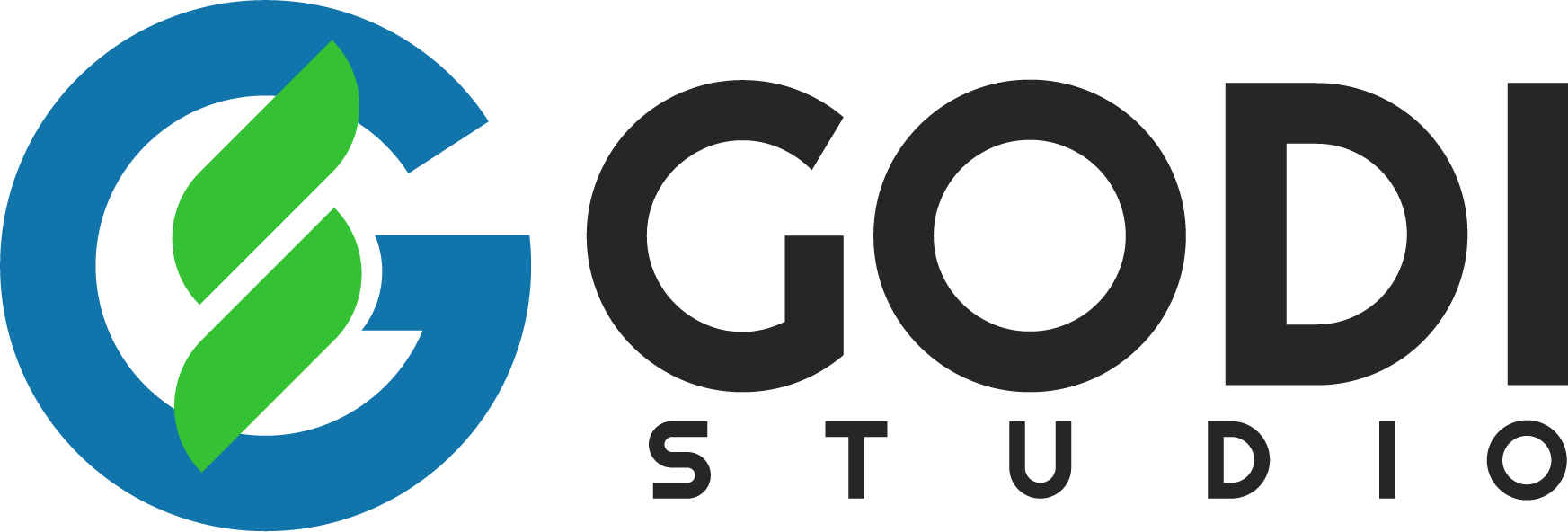Blockchain technology continues to evolve rapidly, making it a highly competitive field for developers. To stay ahead in this fast-changing environment, developers need a strong and diverse skill set. As we move into 2024, here are the essential skills that every blockchain developer should possess to succeed.
1. Proficiency in Cryptography
Cryptography is the backbone of blockchain technology. Developers must understand encryption and decryption techniques to ensure data privacy and transaction integrity. Mastering cryptographic algorithms like SHA-256, elliptic curve cryptography, and public-key cryptography is vital for building secure applications. Click here Without a solid grasp of cryptography, blockchain systems would be vulnerable to attacks, and data could be compromised. Cryptography ensures the safety of sensitive data, making it an indispensable skill for blockchain development.
2. Knowledge of Blockchain Architecture
A deep understanding of blockchain architecture is fundamental for every blockchain developer. Knowing the differences between public, private, and hybrid blockchains helps developers design systems that best fit project requirements. Developers must also understand how nodes interact within a blockchain network. This knowledge allows them to build scalable, secure, and efficient blockchain systems. With the right understanding of blockchain structure, developers can make more informed decisions when choosing a blockchain solution for a project.
3. Smart Contract Development
Smart contracts are self-executing contracts with the terms directly written into code. Blockchain developers must be skilled in developing these contracts using languages like Solidity and Vyper. They also need to know how to deploy these contracts on blockchain platforms, particularly Ethereum. Well-crafted smart contracts ensure reliability and reduce vulnerabilities, improving the overall security and functionality of blockchain applications. Learning to write optimized and secure smart contracts is crucial for any blockchain developer aiming to build robust decentralized applications.
4. Proficiency in Multiple Programming Languages
Versatility is key for blockchain developers. While Solidity and Vyper are essential for smart contract development, a strong command of general-purpose languages like JavaScript, Python, and Go is equally important. These languages are used in various blockchain development tasks, from building frontend interfaces to handling server-side logic and APIs. Having proficiency in multiple languages allows blockchain developers to work on different aspects of blockchain projects and ensures they are adaptable in an ever-changing technological landscape.
5. Familiarity with Distributed Ledger Technology (DLT)
Blockchain is a form of Distributed Ledger Technology (DLT), but it’s important for developers to be familiar with other DLT solutions as well. Understanding the differences between DLT and blockchain systems helps developers select the right technology for specific use cases. DLT operates without a central authority, and knowledge of its principles is essential when working on decentralized networks. Click here Familiarity with various DLT options broadens a developer’s ability to choose the best solution for a given problem.
6. Security Skills
Security is a top priority in blockchain development. Blockchain developers must be aware of common threats like double-spending attacks, 51% attacks, and smart contract vulnerabilities. Security best practices such as using multisignature wallets, auditing smart contracts, and applying secure coding techniques are essential for preventing hacks and breaches. Staying updated on emerging security threats ensures developers are prepared to respond to vulnerabilities before they become a major issue.
7. Understanding of Consensus Algorithms
Consensus algorithms are the foundation of blockchain’s decentralized nature. Blockchain developers should be familiar with various consensus mechanisms, including Proof of Work (PoW), Proof of Stake (PoS), and Delegated Proof of Stake (DPoS). Each algorithm has its strengths and weaknesses depending on the project’s needs. Understanding these consensus methods helps developers choose the best one for the scalability, security, and efficiency requirements of their blockchain project.
8. Experience with Blockchain Platforms
Blockchain developers must have hands-on experience with various blockchain platforms like Ethereum, Binance Smart Chain, and Hyperledger. These platforms have unique features, use cases, and capabilities, and developers need to know how to leverage these strengths for different projects. Being able to select the right platform based on factors like scalability, transaction costs, and security ensures that a blockchain application will meet the needs of its users and stakeholders.
9. Data Structures Knowledge
Efficient data storage and retrieval are crucial for blockchain applications, and a solid understanding of data structures is essential. Developers must be familiar with structures like Merkle trees, hash maps, and linked lists, which are commonly used in blockchain systems. These data structures ensure that blockchain networks remain efficient, scalable, and secure. By understanding how to implement these structures effectively, blockchain developers can significantly enhance the performance of blockchain applications.
10. Strong Problem-Solving and Analytical Skills
Blockchain development is a rapidly evolving field, and developers face a variety of complex challenges. Strong analytical and problem-solving skills are essential for addressing issues that arise during development, from optimizing code to resolving transaction bottlenecks. Blockchain developers need to think critically to identify solutions to technical problems and adapt to new challenges. Click here Whether it's improving system efficiency or troubleshooting performance issues, effective problem-solving is vital to success in blockchain development.


